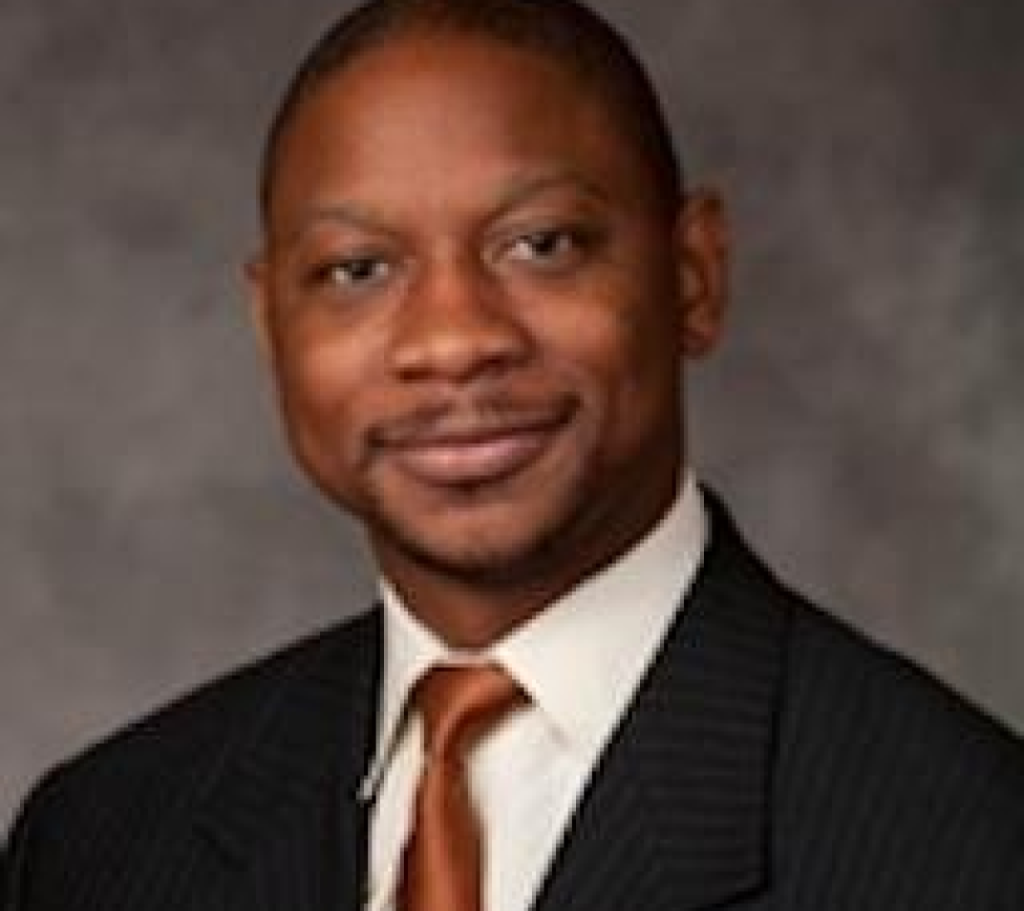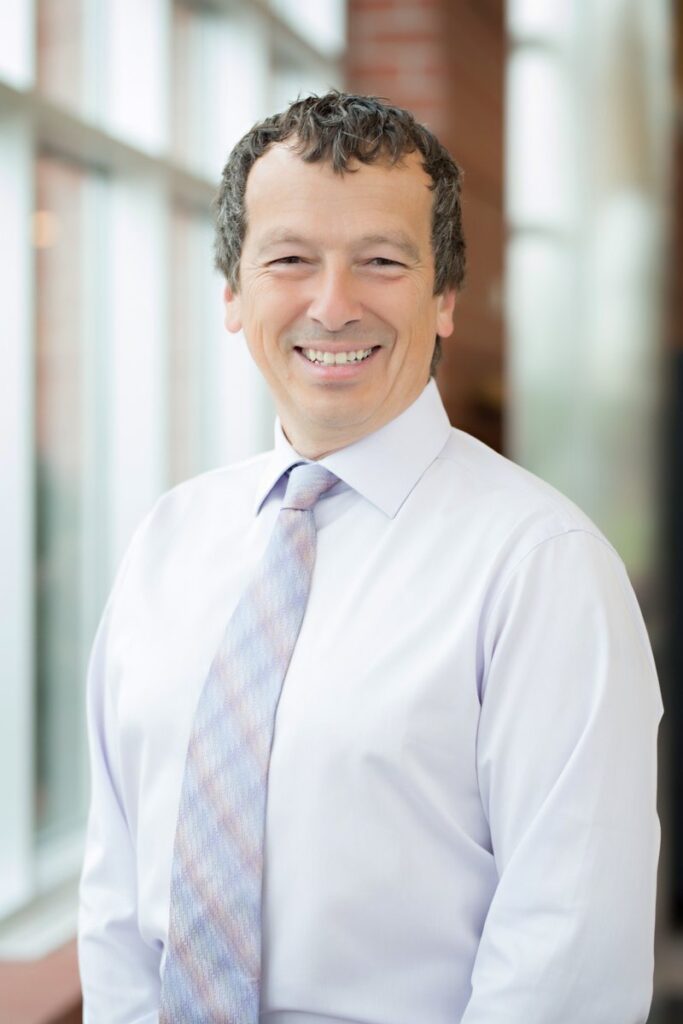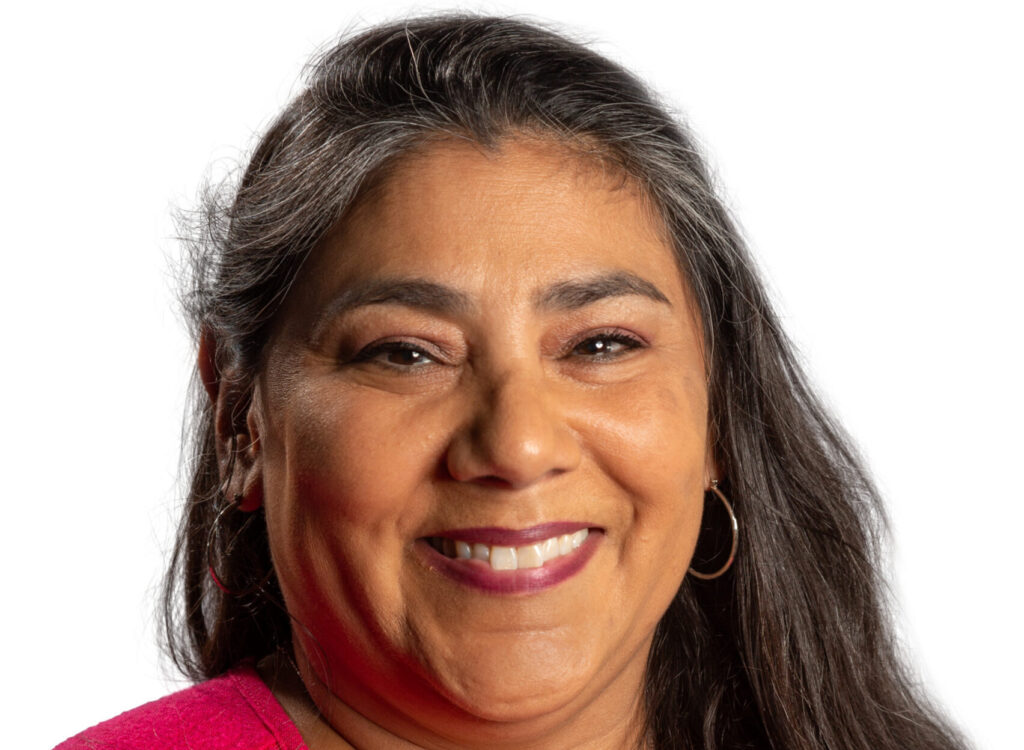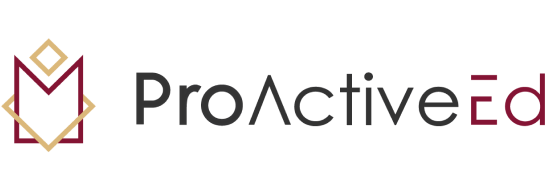
Get Transformed and Learn from Your Peers
Join us for our Proactive Schools Conference as we take a deep dive into what it means to be a Proactive School and what it takes to get there. Get inspired as you learn from experts in the field and hear first-hand experiences from peers in your community who are on their journey to becoming Proactive.
Conference Speakers

Chris Berry
Presenter Title & Affiliation

A.T. Nelson
President, ProActive Ed
A.T. Nelson | President, ProActive Ed
A.T. Nelson has a passion for education that has been apparent through his service as a teacher, administrator, and educational consultant in the K-12 community for nearly 20 years. During his teaching career he was able to build relationships and incorporate research-based instructional strategies that resulted in superior state exam pass rates with his students year after year. His classroom was featured on Annenberg’s Insights into Algebra Workshop Series and is still in use as a professional development opportunity for teachers who want to improve their instructional practice. As an administrator Tremain worked closely with the instructional leadership team and teaching staff to ensure high-quality instructional preparation and delivery occurred every day. As an educational consultant, Tremain has provided professional development services that resulted in improved student achievement, instructional practices, and leadership decisions in the areas of K-12 Mathematics, Data Driven Instruction, Standards, Assessments, and Research-Based Instructional Practices and Leadership for school districts in Texas, Oklahoma, California, Hawaii, New York, Pennsylvania, Georgia, and more.

Tom Hierck
Sr. Professional Development Advisor
Tom Hierck | Sr. Professional Development Advisor
Tom Hierck has nearly 40 years of experience in education. His experiences as a teacher, administrator, district leader, department of education project leader, and executive director have provided a unique context for his education philosophy. He has presented to educators across North America and around the globe on a variety of educational topics. The bulk of this work centers on the themes of identifying school purpose and building relationships, culture, proper responses to instruction and intervention. Tom has spent considerable time working in areas where there is a high indigenous student population (every province and territory in Canada, a dozen states in the United States, and in Australia) to help create environments that support and encourage success for these students. He is a compelling presenter, infusing his message of hope with strategies culled from the real world. He understands that educators face unprecedented challenges and knows which strategies will best serve learning communities.

R. Misra
Professional Development Advisor
R. Misra | Professional Development Advisor
Regina Argueta-Misra has worked in the field of education for 12 years as a classroom teacher, grade level administrator, and instructional coach. She is a successful staff development trainer and instructional coach passionate about creating meaningful connections with teachers to build instructional capacity. As a bilingual, dual-language teacher she understands the challenges and rewards of developing instructional and cultural connections with students whose second language is English. Regina specializes in bringing her experience as a dual language educator and culturally responsive teacher to her work as a consultant and coach.
Case Study Panel Schools

Mark Twain Elementary
Mark Twain Elementary School
Oklahoma City, OK
The vision of Mark Twain is to provide equitable access to a world class education. To this end it is also the vision of the school to see every student graduate ready to fulfill their unique purpose in a healthy, vibrant community. Every day, Mark Twain Elementary strives to ignite a passion for learning in every child, invite families to engage, and inspire respectful and trusting relationships with its diverse community.

Hawthorne Elementary
Hawthorne Elementary School
Oklahoma City, OK
Hawthorne students center their learning journey around the creed “I am a Hawthorne Hawk. I have great expectations for myself. I accept the challenge to become the best that I can be. I accept the responsibility for my behavior and its results. I do not have the right to interfere with the learning and well being of others. It is my duty to do my best at all times. The education I receive today, will make me a leader of tomorrow.” They have worked tirelessly to establish a positive culture and collective teacher efficacy.

Van Buren Elementary
Van Buren Elementary School
Oklahoma City, OK
Van Buren educators strive to provide equitable access to a world class education. It is their vision that every Van Buren Elementary student graduates ready to fulfill their unique purpose in a healthy, vibrant community. Every day, Van Buren Elementary works intentionally to ignite a passion for learning in every child, invite families to engage, and inspire respectful and trusting relationships with their diverse community.

Buchanan Elementary
Buchanan Elementary School
Oklahoma City, OK
Buchanan educators center their journey around their school Mantra: “Servicing every student by name and by need.” They believe that by providing equitable access to a world class education, every student will graduate ready to fulfill their unique purpose in a healthy, vibrant community. Every day, Buchanan Elementary strives to ignite a passion for learning in every child, invite families to engage, and inspire respectful and trusting relationships with its diverse community.
Conference Strands
STRAND: Culture & Climate
STRAND: PLCs
ANCHOR: MTSS/RTI
ANCHOR: Equity & Access
Conference Sessions
STRAND: Culture & Climate
SPEAKER: Chris Berry
Proactive School Cultures
Explore, establish, and learn to implement the guiding beliefs and values that encompass the way your school operates. This collective efficacy is the collective self-perception that teachers in a given school make an educational difference to their students over and above the educational impact of their homes and communities. That is, the effect of collective self-perception on student achievement is stronger than the link between socioeconomic status and student achievement.
STRAND: Culture & Climate
PANEL: Mark Twain Elementary
Proactive School Cultures Case Study
Engage in and interact with teachers and other instructional leaders at Mark Twain Elementary as they share their journey toward improving school culture and climate. Well-organized and well-defined goals spearheaded by school leadership translated to a faculty and staff with clear objectives that align with the school’s mission. Data collected from the Administration Progress Monitoring tool allowed Mark Twain to identify whether leadership is focusing on the most critical elements of effective school culture.
STRAND: PLCs
SPEAKER: A.T. Nelson
Proactive Learning Communities
Explore the results schools can demonstrate when they proactively and systematically focus on their greatest areas of need, strategically plan for improvement, implement their plans deeply, and evaluate their progress. These results are best realized through a teacher collaboration protocol that integrates standards, assessments, data-analysis, and instructional delivery into an efficient and effective process for improving student achievement.
STRAND: PLCs
PANEL: Hawthorne Elementary
Proactive Learning Communities Case Study
Hawthorne Elementary sought to move from an administrator-led to a teacher leader-led PLC. Engage in and interact with teachers and other instructional leaders at Hawthorne Elementary as they share their journey towards improving the effectiveness and efficiency of their PLCs. The implementation of a systematic process for monitoring and adjusting their approach to instruction resulted in a clearer vision and purpose for teacher collaboration, as well, as an increase in overall teacher job satisfaction.
STRAND: MTSS/RTI
SPEAKER: Tom Hierck
Proactive Interventions
The basic tenets of MTSS/RTI (universal screening, universal quality instruction, frequent formative assessment and descriptive feedback, catching behavior and academic problems early, and intentional follow-up) are part of any school vision and are key to the work of successful leaders. Engage and investigate these tenets as they are further enhanced through strong teacher collaboration.
STRAND: MTSS/RTI
PANEL: Van Buren Elementary
Proactive Interventions Case Study
Learn how Van Buren orchestrated the development of a multi-tiered systems for support that adequately monitors each students response to Tier 1-3 instruction. Explore the foundational components to treating RTI as a verb: (1) highly effective education; (2) a problem-solving process that leads to deeper levels of learning; (3) a problem-solving process that leads to more equitable learning; (4) systems of support that leads to all students graduating post-secondary and career ready; and (5) inclusive support for academics and behavior (e.g., self-regulation, executive functioning).
STRAND: Equity & Access
SPEAKER: R. Misra
Proactive Teaching
Culturally responsive teaching is a research-based approach to connecting students’ cultures, languages, and life experiences to what they learn in school. This approach is beneficial to all students as they learn language, culture, and academic content. Analyze effective culturally responsive teaching models, explore the impact of culture on teaching and learning, and learn strategies for making appropriate pedagogical adjustments that ensure culturally relevant lessons incorporate rigor and relevance.
STRAND: Equity & Access
PANEL: Buchanan Elementary
Proactive Teaching Case Study
Buchanan educators work diligently to be empathetic and caring; reflective about their beliefs about people from other cultures; reflective about their own cultural frames of reference; and knowledgeable about other cultures. This approach ensures their school’s curriculum reflects the culture of their students. With their large population of English Language Learners (ELL), explore how they learned to focus on the supports and research-based instructional practices that help students process both the language and the content at or above the levels of English speaking students.
